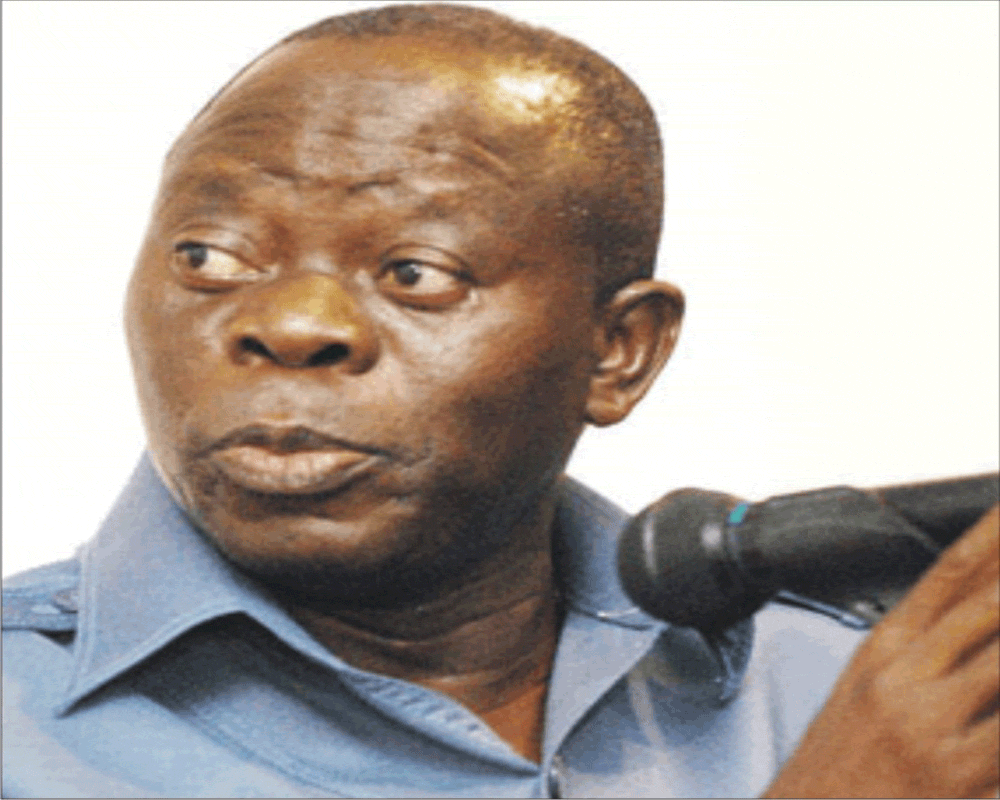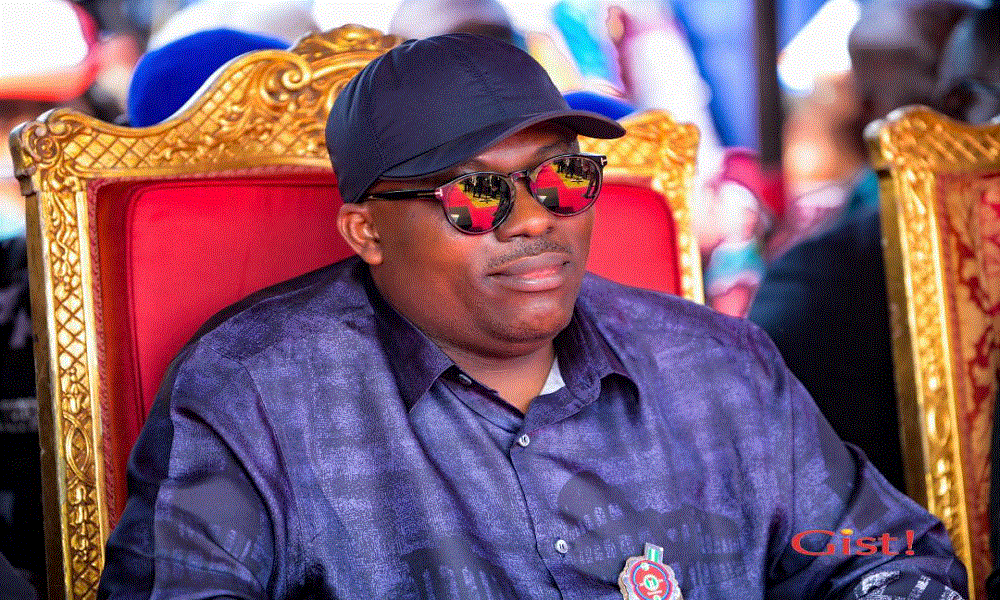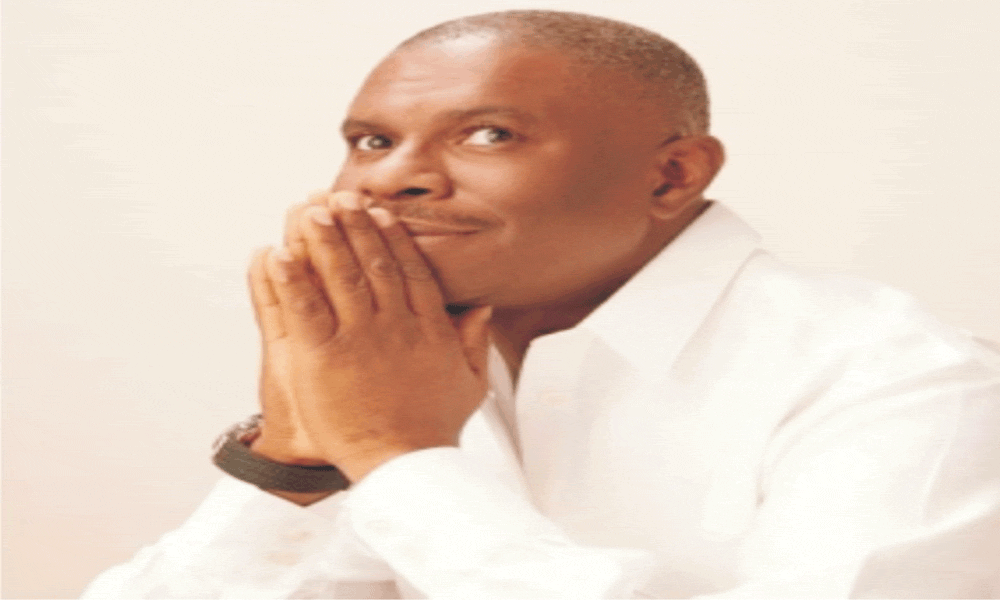Nigeria At 58: A Stand-Still March To Political Maturity
There is this recurrent argument in socio-political commentaries on the democratic complexion of Nigeria that there is the need for Nigerians to be patient with their polity in its stand-still march towards true democracy as it took even the United States of America a very long time to attain its present level of advanced democracy. The implication of this viewpoint is that there was an improvement in the American democratic learning process with each passing day or year. Can the holders of this opinion, in all sincerity, also say that the Nigerian electoral process (which is the pivot on which the machinery of democracy turns) improves with the passage of electoral seasons? We doubt that the answer would be a ready yes, and even if it would, the person answering would blink a thousand times and take in a deep breath before letting it out, probably with a large dose of inner guilt. The answer cannot be yes with the increase in violence, greed, electoral indiscipline, untamed killings in the country by Boko Haram, Fulani Herdsmen and cultists.
Although we are aware that the much sought-after peace, stability, democratic growth and development and general economic and political prosperity are the rewards of free and fair elections, we have, as a nation, allowed our electoral system and process to be plagued by the triplets of greed, fraud and violence, with violence rating highest on the scale of the vices. Shedding off their skin of decency and plunging into a moral abyss, so-called politicians engage decadent youths other than their own children in all forms of electoral malpractice and thuggery. Our youths understand the Aristotle’s proverbial “good life” in terms of fleeting rather than permanent pleasure and immediate rather than mediate gains, sacrifice their great tomorrow on the altar of today’s profane desire to eat, drink and be merry.
Whereas able-bodied youngsters are capable of understanding political issues and taking independent decisions on them, they have deliberately allowed themselves to be misinformed or even kept in the dark on crucial issues which affect their lives and basic rights. A great many, therefore, participate in electoral campaigns not because they choose to do so for any genuine interest but because they are goaded to do so by power-seekers who care less about the sanctity of human life. A glimpse into the past reveals that between 1979 and 1983, many vulnerable youths were drawn by dare-devil politicians into various acrimonious disputes and electoral malpractices in the course of which they lost their lives while their sponsors, the politicians, engaged with gusto in the flagrant looting of the national treasury. This trend has not ceased.
As observers, including D.T. Nomor and P.T Iorember recall, the year 1999 marked a watershed in the history of modern Nigeria, for it was that year that ushered in what was expected to be a true, enduring democracy. Before then, the country had oscillated between civil administrations and military regimes, with the latter having longer periods. Since 1999, Nigeria has been enjoying uninterrupted so-called democratic governance which presupposes political stability, yet to talk about political maturity is like dancing in the valley of illusion. Whereas Nigeria claims to be a democracy, political realities in the country do not to call for any celebration in the area of political growth and maturity. With a new electoral season comes a more dangerous and more ridiculous approach to rigging elections. While we lack the simple technology to produce toothpick, we have the complex technology of rigging elections. While lack the simple technology of improving the quality of education, we have the complex technology of turning ourselves into pythons, monkeys and rats to swallow billions of Naira. We lack the millions of Naira that are needed to erect and equip medical facilities, fix or maintain ailing ones, in the interest of all Nigerians but we have the billions of naira to globetrot on medical trips. The more our ruling politicians witch-hunt their opponents under the guise of fighting corruption, the more they amass the wealth they could not accumulate during their first experience in the pitch of the power game. The Buhari-led APC government can do all doable things but one. IT CANNOT KEEP PROMISES. And now that all promises have been cancelled, no Nigerian has the right to expect anything good from our government.
Why then should it be surprising to anyone that there is nothing to celebrate at Nigeria’s 58th Independence? What looked like a kind of souvenir for Nigerians this season was the new fashion and style of rigging which the ruling APC government put on display in the Ekiti and Osun governorship elections – a style of rigging that all the international observer organizations dismissed as laughable. The APC applied this rigging technology to peep into the atmosphere of the 2019 general elections. In Rivers State, the issue of direct and indirect primaries by the APC occasioned by its comical factional party executive status and the attendant confusion, commotion and conflicts have been a noisy stage drama for quite a while. In the ranks of the APC chieftains in Rivers State, a governorship candidate who is considered by the grand master to be a man of stature, with radiating political clout, celebrated intelligence and with a mind of his own, must be dropped; and in his place must be projected a political weakling who must seek the grandmaster’s permission to even sneeze.
In such an atmosphere of rancour, household enmity, unfulfilled promises, insensitivity to the plight of the citizens, inept leadership, Fulaninization of governance, demonization of the opposition and dehumanization of workers, what is independence?
“Love your enemies for they will tell you your mistake.” These immortal words from one of the world’s most famous statesmen, Benjamin Franklin, should serve as a daily creed to leaders who truly want to be great. It is very difficult for people, especially those in authority, to love their opponents, let alone accept their corrections. No other place is this truer than in Nigeria where any criticism from a political opponent is seen as an effort to unseat the incumbent; where political intolerance is the law rather than the exception.
How can Nigeria achieve the much-touted greatness when our leaders are far from making themselves great? Great men in political history have had some distinguishing characteristics. They are usually men of vision, determination and compassion. Think of Gandhi of India and his sermon of non-violent resistance; Kemal Attaturk and his reformation in Turkey; Franklin Roosevelt and his recovery of the United States economy; and Nelson Mandela and his principled stance against the forces of apartheid in South Africa, amongst others.
There are, however, those in the negative part of history, men who were selfish and bloody. They are, indeed, more than the selfless and patriotic ones. Think of Mobutu Sese Sekou of Zaire, Abacha of Nigeria, Pol Pot of Cambodia, Stalin of the defunct USSR, Emperor Bokassa of Central African Republic, Papa Doc of Haiti, among many other tyrants, who swam in the blood of their subjects in order to stay in power, who sold the poor for a shekel of silver!
Where does President Muhammadu Buhari belong? Where will the successor of Buhari belong? It true that every great leader has his weakness which may tend to becloud his achievements (after all, John Kennedy was a womanizer; ditto Clinton) but he never allows these flaws to make him lose focus. The ability of great men to focus on their vision as leaders and work towards achieving them is what makes them great leaders and achievers. So, for the sake of tomorrow, what do we say to our political leaders? What are those pitfalls they must avoid to come out real great leaders of their people?
Experience has shown that most Nigerian leaders have not been able to tame their greed – the urge to acquire more and more even when they have had enough to take care of themselves several lifetimes over. The looting syndrome in Nigeria has reached the stage of “show business”. It is a case of grab all that could be grabbed and leave the country poorer than you met it.
Thomas Jefferson, the erudite third president of the US had it that, “Power corrupts and absolute power corrupts absolutely.” No doubt, the intoxicating wine of power and authority has consigned many leaders to the ignominious heap of forgotten tyrants. Those who know how to wield power are always comfortable with it: they know their strengths and limitations and use both for the best interest of their people.
Political watchers in this country quickly argue that those in power too often isolate themselves from the people. Only a privileged few are allowed access to the leaders. For this reason, they fail to feel the pulse of the people, to know their needs, wishes and aspirations, content with whatever their agents and cronies have told them. Most times, this sense of alienation is what makes the people quickly lose interest in their leaders, a stigma our leaders should avoid like the plague.
As for those leaders who have performed creditably, such as the likes of Governor Wike of Rivers State, we congratulate them and remind them that there are more areas that need government attention. Among them are employment opportunities and the plight of interior communities that are still cut off from civilization owing to lack of access roads. There are vast human and material resources trapped in some rural enclaves that should be reached and tapped.
Meanwhile, we look forward to having presidents of Nigeria that will make our Independence Days worth celebrating. Until then, we sympathize with Nigeria for being presided over by lack-lustre but greedy and heavily corrupt leaders, 58 years on.



